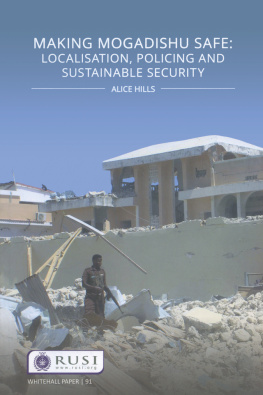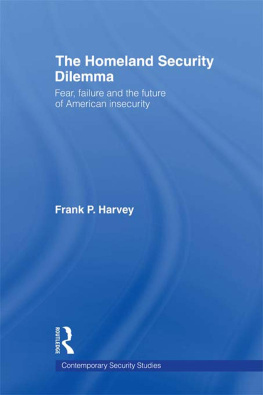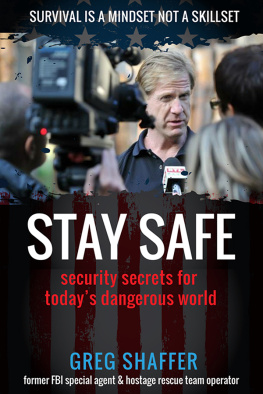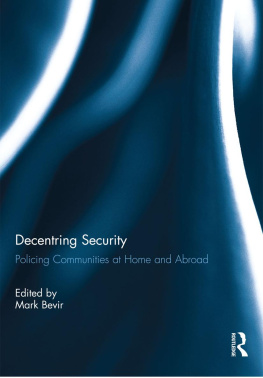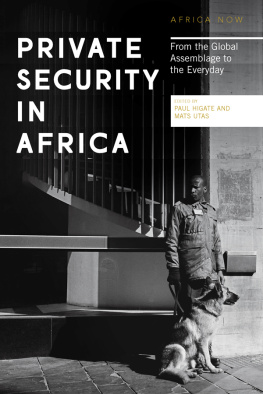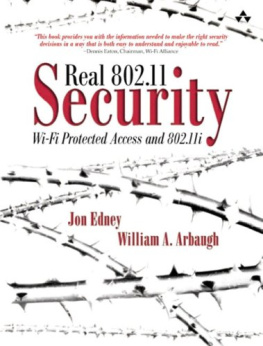Whitehall Paper 91
Making Mogadishu Safe: Localisation, Policing and Sustainable Security
Alice Hills
Royal United Services Institute for Defence and Security Studies
Making Mogadishu Safe: Localisation, Policing and Sustainable Security First published 2018
Whitehall Papers series
RUSI is a Registered Charity (No. 210639)
Published on behalf of the Royal United Services Institute for Defence and Security Studies
by Routledge
2 Park Square, Milton Park, Abingdon, Oxon OX14 4RN
52 Vanderbilt Avenue, New York, NY 10017
Routledge is an imprint of the Taylor & Francis Group, an informa business
All rights reserved. No part of this book may be reprinted or reproduced or utilised in any form or by any electronic, mechanical, or other means, now known or hereafter invented, including photocopying and recording, or in any information storage or retrieval system, without permission in writing from the publishers.
Notice:
Product or corporate names may be trademarks or registered trademarks, and are used only for identification and explanation without intent to infringe.
SUBSCRIPTIONS
Please send subscription order to:
USA/Canada: Taylor & Francis Inc., Journals Department, 325 Chestnut Street, 8th Floor, Philadelphia, PA 19106 USA
UK/Rest of World: Routledge Journals, T&F Customer Services, T&F Informa UK Ltd, Sheepen Place, Colchester, Essex, C03 0LP UK
ISBN 13: 978-1-138-32688-0 (pbk)
Alice Hills was professor of conflict studies at Durham University, 2013-2017. She is currently a visiting professor at the universities of Durham and Leeds, where her research is funded by the European Commission's Horizon 2020 research and innovation programme. Before joining Durham she was professor of conflict and security at the University of Leeds. Prior to that she taught defence studies at the UK's Joint Services Command and Staff College where she specialised in urban operations and police-military relations.
She has published widely on police development and on urban operations such as counterinsurgency and warfighting. Her publications include Policing Africa: Internal Security and the Limits of Liberalization (2000); Future War in Cities: Rethinking a Liberal Dilemma (2004); Policing Post-Conflict Cities (2009) as well as numerous articles in journals including International Affairs, the British Journal of Criminology, the RUSI Journal and Stability.
This book considers the best way to make the streets of a strategically significant and chronically insecure Southern city - in this case, Mogadishu - safe. It uses the city's neighbourhood-watch schemes to explore the ways in which Somalis, from politicians in the presidential compound of Villa Somalia to policemen and women street-sweepers in the rubbish-filled alleys of Waberi district, try to manage everyday security threats. Additionally, it considers the ways in which Somalia's international sponsors attempt to influence Mogadishu's security architecture and policing practices. Special attention is paid to the city's security plan and the points at which local and international interests meet.
The immediate challenges confronting the city are terrorism-related, but the legacy of 25 years of chronic insecurity means that threats are mutually reinforcing and reflect broader social and political tensions. It is difficult for me, as a non-Somali speaking white, European woman, to assess the full implications of this, let alone analyse accurately the personal strategies used by Mogadishu's inhabitants to stay out of harm's way. Nevertheless, exploring the city's security architecture and responses in this way provides contextual detail that offers insight into Somali policing priorities and the ways in which they interface with international practices. It also throws light on generic issues such as the nature of security and the security sector's contribution to state- and capacity-building.
The chapters that follow use the attempt by Mogadishu's Somali authorities to develop and implement an internationally acceptable security plan to discuss the relationship between counter-terrorism and softer forms of community safety, the contribution of community cohesion and mobilisation to sustainable policing provision, and the potential of information and communications technology (ICT) to improve the police-community engagement on which this is thought to depend. To explore the possibilities for generalising from Mogadishu's experience, the contribution of ICT to police-community relations in Hargeisa, capital of Somaliland, is compared.
Issues such as these are usually assessed in the light of the international community's high-level political agenda for the Federal Government of Somalia; May 2017's London Somalia conference on security governance and economic development is a case in point. But the emphasis here is on Somali perspectives on city and, more importantly, street-level security and police-community relations. The election of a new president in February 2017 may improve Mogadishu's security management, as may the allocation of billions of US dollars, euros, sterling, Turkish lira and Japanese yen to stability and development programmes, but to date new governments and aid projects have failed to improve neighbourhood security or community safety significantly, whereas the neighbourhood-watch schemes that this Whitehall Paper addresses have. Now is a good time to assess the prospects for making the city safer.
The research on which this paper is based received funding from the European Union's Horizon 2020 research and innovation programme under grant agreement No. 653909. But it would not have been achievable without the support and advice I received from international and Somali officials, officers and advisers in Mogadishu, Hargeisa and Nairobi, most of whom requested - or expected - anonymity. The views expressed are solely mine, but I am nevertheless indebted to the Somali Police Force, Benadir Regional Administration, African Union Mission in Somalia (AMISOM), European Union, United Nations Assistance Mission in Somalia (UNSOM), and, above all, to Stephen Fulcher and the security advisers working for an international consultancy based in Mogadishu without whose support my visit to the city would not have been possible. I am equally grateful to the Somaliland Ministiy of Interior, Somaliland Police Force, and Transparency Solutions' Hargeisa office. Special thanks are due to the EU Capacity Building Mission in Somalia (EUCAP Somalia).
Identifying the best way to manage everyday security in fragile post-conflict cities is as challenging today as it has ever been, and Mogadishu is one of the most challenging in the world, as the capital of the notoriously failed state of Somalia. This Whitehall Paper explores the ways in which Mogadishu's inhabitants try to stay out of harm's way, from security officials in the presidential compound of Villa Somalia to the city's powerful district commissioners, from patrolling policemen to the women road-sweepers in the rubbish-filled alleyways of the Waberi district. Its central proposition is that security is best understood as a coherent relationship or activity based on the need for physical safety today, rather than in the future. It uses the neighbourhood-watch schemes developed in certain districts of Mogadishu - most notably Waberi to understand the ways in which the city's inhabitants respond to the security models promoted by international advisers, who in fact are based in the safety of the city's Aden Adde International Airport.

